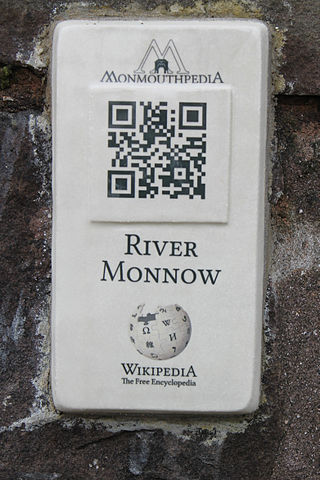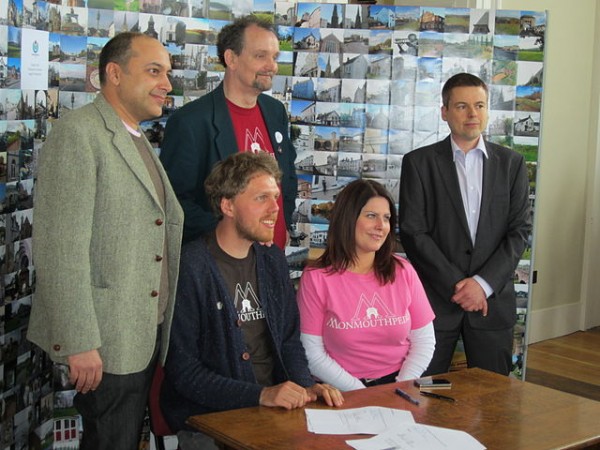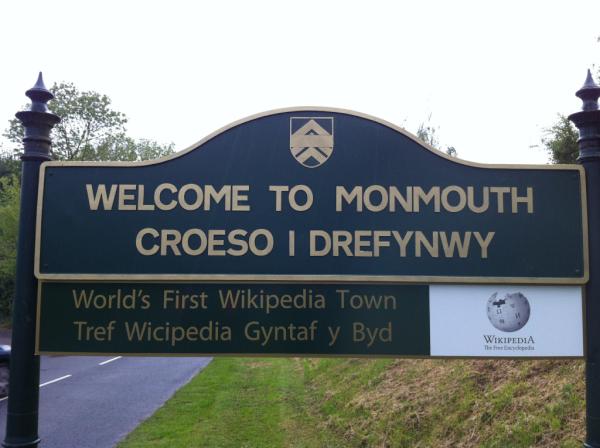FSFE to campaign for fair public IT procurement in Finland
 A couple of days ago, the Free Software Foundation Europe (FSFE) announced it had started an initiative to promote fair public procurement in Finland. The initiative concentrates on IT-related procurement notices that require specific brands instead of defining the functionalities required by the purchaser. To date FSFE has scrutinised over 300 procurement notices, and of those analysed in more detail, 14 have been found to be in clear violation of the Finnish procurement law. These violating notices explicitly asked for tenders for specific software brands or products and thus discriminate against other brands and manufacturers, thus stifling free competition.
A couple of days ago, the Free Software Foundation Europe (FSFE) announced it had started an initiative to promote fair public procurement in Finland. The initiative concentrates on IT-related procurement notices that require specific brands instead of defining the functionalities required by the purchaser. To date FSFE has scrutinised over 300 procurement notices, and of those analysed in more detail, 14 have been found to be in clear violation of the Finnish procurement law. These violating notices explicitly asked for tenders for specific software brands or products and thus discriminate against other brands and manufacturers, thus stifling free competition.
“We want to raise awareness about this kind of misconduct.” says project manager and FSFE Finnish team coordinator Otto Kekäläinen. “The point of [the] procurement law is to increase fair competition and get better software for lower prices, bringing more value for the tax payer’s money. It is imperative that we get 100% of the IT departments in public bodies to follow the law, so free software companies can compete on fair terms”.
According to lawyer Martin von Willebrand, where a specific brand or product is stated in a procurement notice, it must be followed by “or equivalent“, a point on which both the Finnish law and the associated EU directive are quite clear.
Where violations of the the procurement law are detected, FSFE contacts the relevant authorities to raise awareness on procurement law and best practice. Besides highlighting the specific violation, the FSFE’s letter also includes the following recommendations to ensure fair competition:
- Define the procurement by functionalities and standards. Do not request specific products or require certain brands. This allows competing vendors to take part.
- Long-term procurement, e.g. 4-6 years, so that there is enough time to plan and execute a change of vendor. Buying new systems from the old vendor just because there is not time to migrate is not normally an acceptable excuse.
- Base price comparison on the entire life span costs, specifically including exit costs that arise at the end of the product’s life span, when the vendor changes.
- Make sure that the procured system is modular and adheres to Open Standards, so that there is always the option to change the vendor for a module or that completely new modules can be taken into use and that they can access the existing data.
- Ensure unlimited right to modify the software and have it delivered as source code, so that there is independece from single vendors. The original vendor does not have to waive its copyright.
- By favouring Free Software (also knows as “open source”) all above mentioned requirements are easy to fulfil.

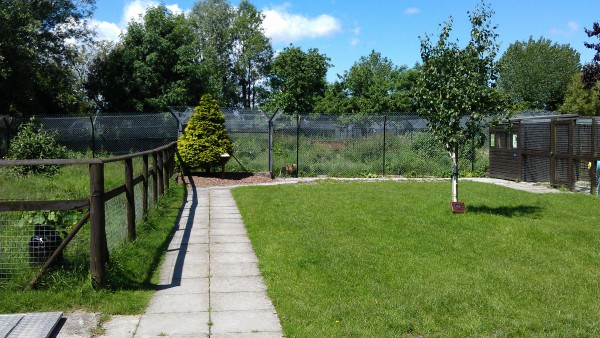
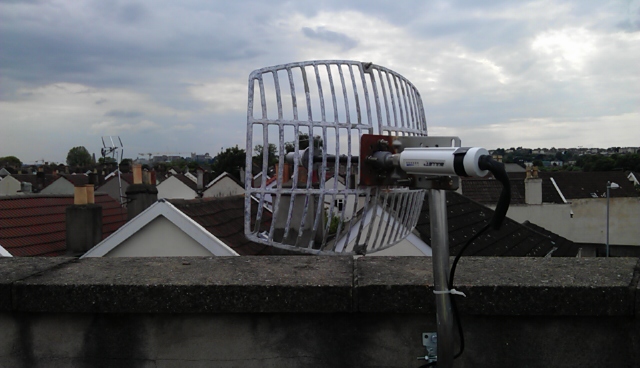
 It’s rumoured that the UK public sector spends some £20 bn. per year on IT. Is this money well spent? Hardly, if the latest evidence is to be believed.
It’s rumoured that the UK public sector spends some £20 bn. per year on IT. Is this money well spent? Hardly, if the latest evidence is to be believed.  CivivCon 2012, this year’s conference for
CivivCon 2012, this year’s conference for 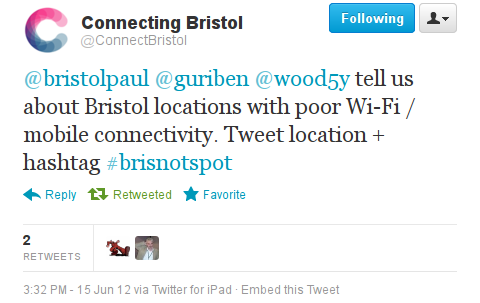
 The chief scribe has been known to sit in his local café writing posts to this blog using the establishment’s wifi whilst waiting for his full English and toast to arrive; and it seems he’s not alone. Quoting a study by Rupert Murdoch’s Sky,
The chief scribe has been known to sit in his local café writing posts to this blog using the establishment’s wifi whilst waiting for his full English and toast to arrive; and it seems he’s not alone. Quoting a study by Rupert Murdoch’s Sky,  Today the
Today the 

